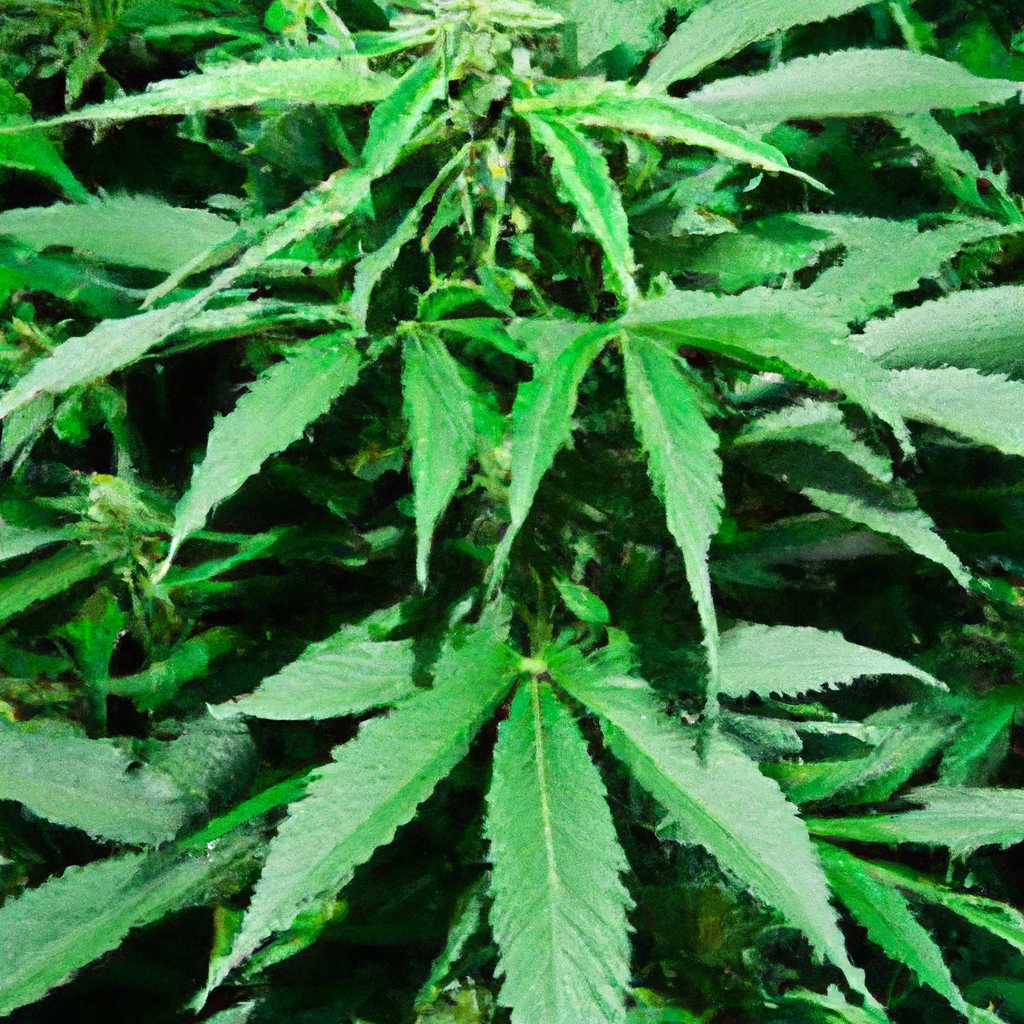With an ever-growing focus on sustainability in cannabis cultivation, nutrient management is emerging as a key player in reducing environmental footprints. By optimizing nutrient inputs, growers can achieve healthier plants while minimizing excess waste. Join John “Magic” Greenleaf as he explores innovative strategies for sustainable nutrient management.
Understanding Nutrient Needs
Every cannabis plant requires a balanced diet of macro and micronutrients to thrive. These include nitrogen, phosphorus, potassium, and secondary elements like calcium and magnesium. Over-fertilization can lead to nutrient runoff, which threatens local water systems. Understanding your plant’s needs is the first step in sustainable cultivation.
Strategies for Efficient Nutrient Use
- Soil Testing: Regular soil tests help identify nutrient deficiencies or surpluses. Adjust nutrient inputs based on soil reports to avoid over-application.
- Compost and Organic Matter: Incorporating compost enriches soil structure, enhances microbial life, and provides slow-releasing nutrients.
- Precision Feeding: Use drip irrigation to deliver nutrients directly to the plant roots, reducing waste and improving efficiency.
- Crop-Specific Formulas: Invest in nutrient blends tailor-made for different growth stages of cannabis to ensure optimal uptake.
Innovation in Nutrient Delivery
Technology in cannabis cultivation is constantly evolving. Nutrient delivery systems, like automated feeding setups with AI controls, help monitor plant health and adjust nutrient supply in real-time, based on environmental feedback.
Case Study: Magic Kush
At John’s Colorado farm, the “Magic Kush” strain thrives with a meticulously crafted nutrient regimen. By adjusting nutrient profiles seasonally and integrating organic inputs, “Magic Kush” not only achieves potent results but also limits its environmental impact.
Impact and Benefits
Sustainable nutrient management offers numerous benefits beyond environmental protection. By optimizing nutrient use, growers can expect robust plant growth, increased potency, and reduced costs due to minimal nutrient waste. Additionally, eco-conscious practices help brand differentiation in a competitive market.
Conclusion
Efficient nutrient management is crucial for sustainable cannabis cultivation. By understanding plant needs, utilizing advanced nutrient delivery systems, and incorporating organic practices, growers can achieve a balance between high yields and environmental responsibility. “Healthy roots, healthy buds, happy harvests,” as John Greenleaf says.
Continue your journey towards sustainability and innovation in cannabis growing with John’s insights and proven techniques.
Tags: Sustainable Cultivation, Environmental Control, High-Yield Optimization, Organic Cultivation


Leave a Reply